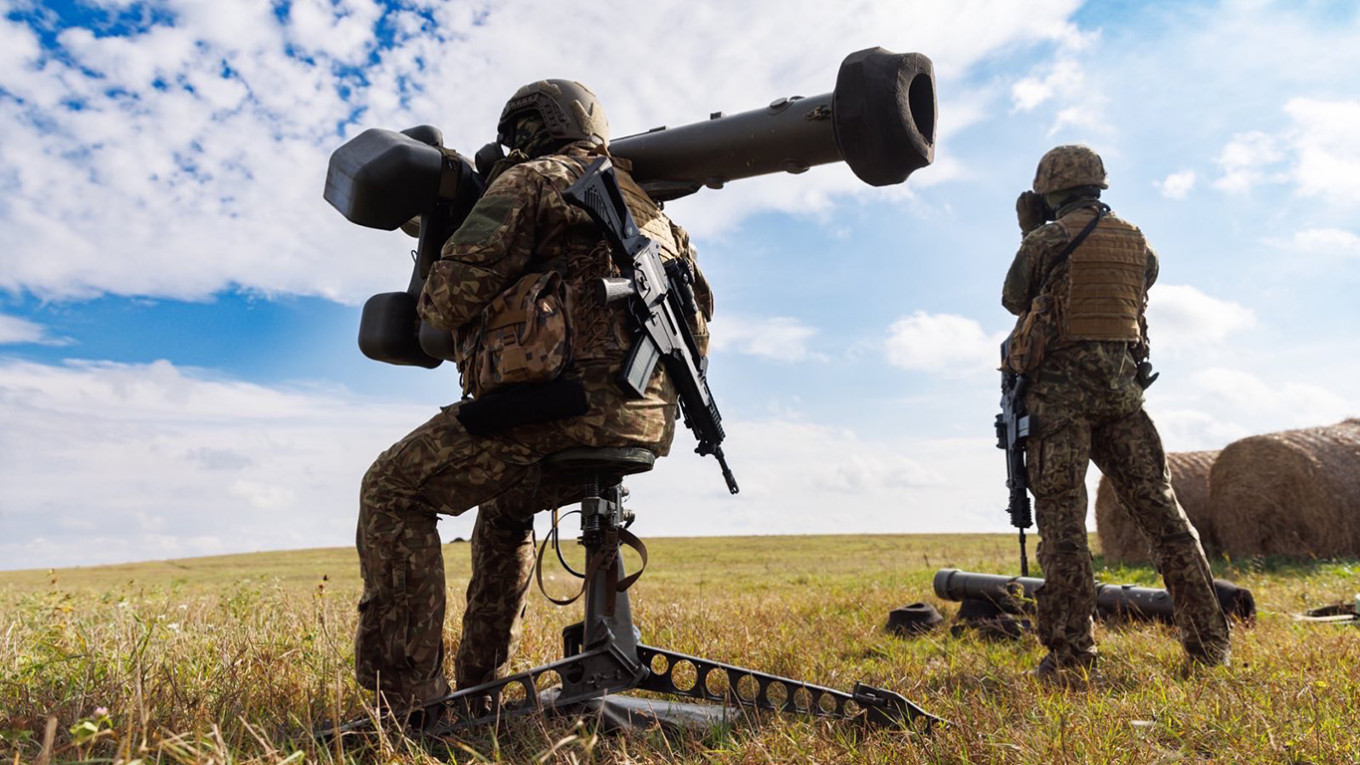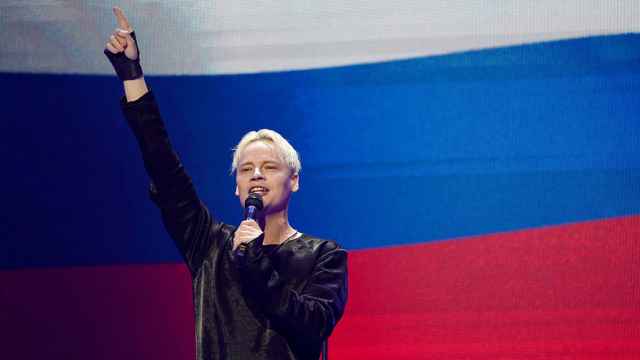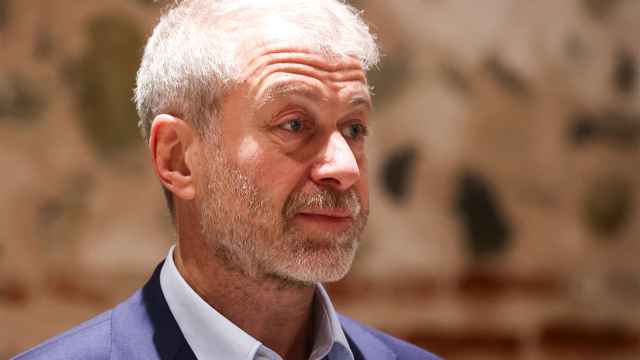The European Union took a step towards sanctioning Russia on Wednesday for a string of recent hybrid attacks and acts of sabotage across Europe, diplomats said.
The EU and NATO have accused Moscow of being behind a spate of incidents aimed at destabilizing the West, as the two sides are at loggerheads over the Kremlin’s war in Ukraine.
In recent months, authorities in several EU countries — including Germany, Poland, Lithuania, Latvia and Estonia — have reported uncovering plots or incidents, including arson attacks, masterminded by Moscow.
Ambassadors from the 27-nation EU meeting in Brussels approved creating a new legal framework to impose visa bans and asset freezes on those responsible for the attacks.
Once the text is formally signed off on next week the EU can then add the names of specific Russian agents or entities to the blacklist, diplomats said.
European officials say they believe that Russian actions are aimed in part at undermining support for Kyiv as Moscow's full-scale invasion grinds on through its third year.
EU nations — along with the United States — have provided the bulk of support for Ukraine since the Kremlin launched its all-out invasion in February 2022. The EU has already imposed 14 rounds of sanctions against Russia in that time.
In a bid to curb malign activities by Moscow, several EU countries spearheaded by Prague have been pushing to introduce measures to stop Russian diplomats from moving freely around the bloc.
Thus far, there has not been consensus for the move, and Hungary — Moscow’s closest ally in the bloc — recently upset other EU members by relaxing visa rules for Russians.
A Message from The Moscow Times:
Dear readers,
We are facing unprecedented challenges. Russia's Prosecutor General's Office has designated The Moscow Times as an "undesirable" organization, criminalizing our work and putting our staff at risk of prosecution. This follows our earlier unjust labeling as a "foreign agent."
These actions are direct attempts to silence independent journalism in Russia. The authorities claim our work "discredits the decisions of the Russian leadership." We see things differently: we strive to provide accurate, unbiased reporting on Russia.
We, the journalists of The Moscow Times, refuse to be silenced. But to continue our work, we need your help.
Your support, no matter how small, makes a world of difference. If you can, please support us monthly starting from just $2. It's quick to set up, and every contribution makes a significant impact.
By supporting The Moscow Times, you're defending open, independent journalism in the face of repression. Thank you for standing with us.
Remind me later.






